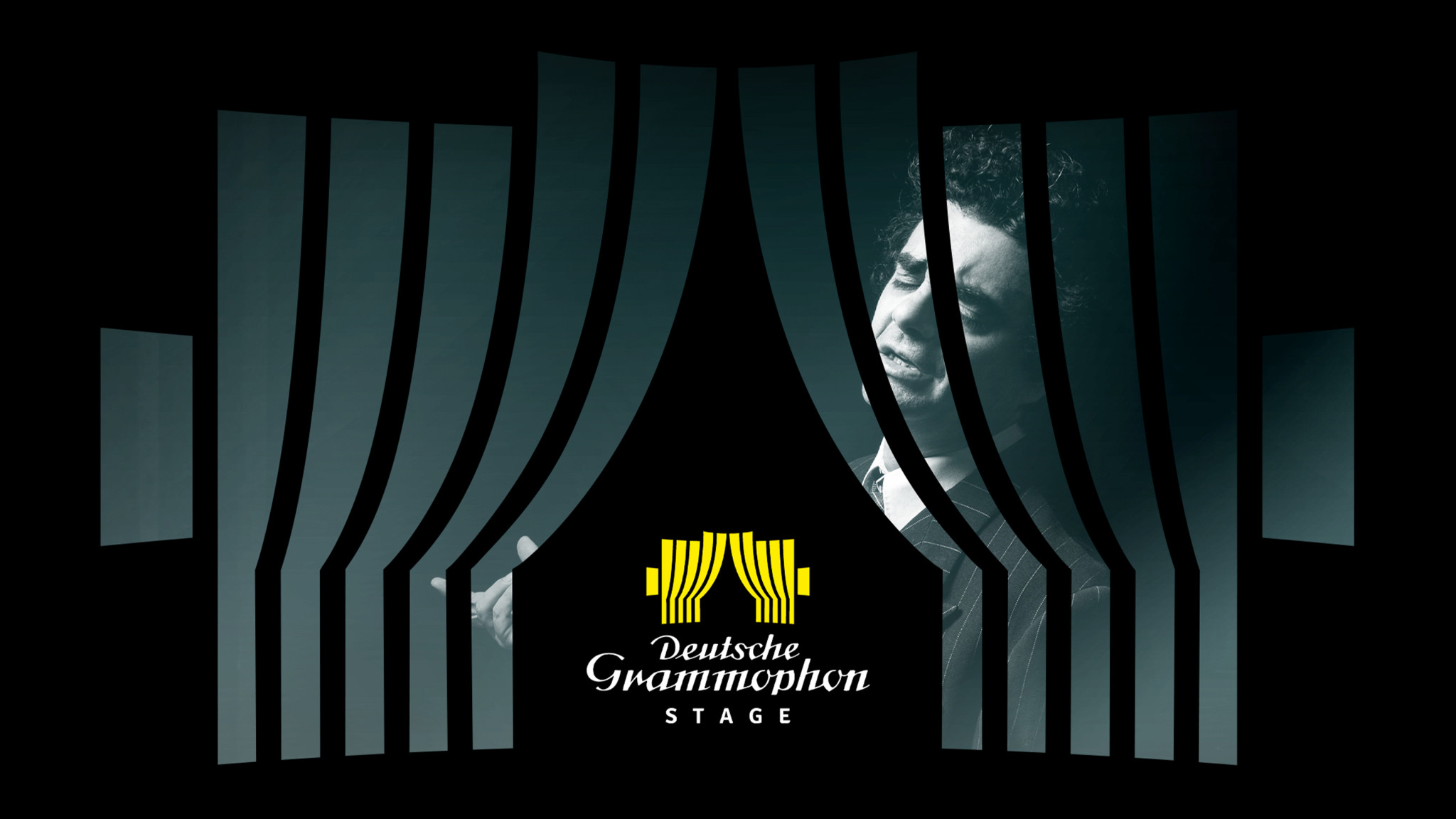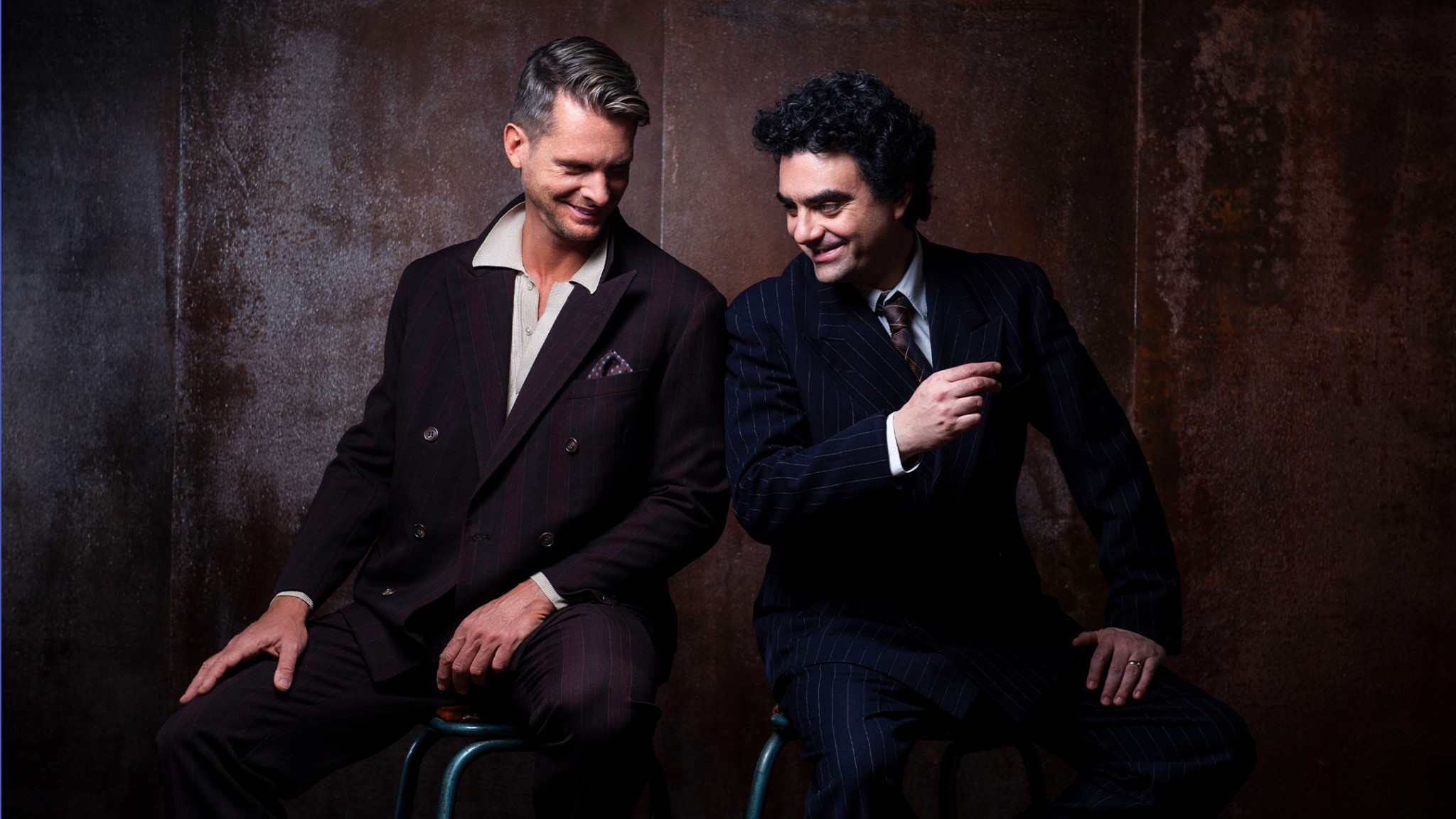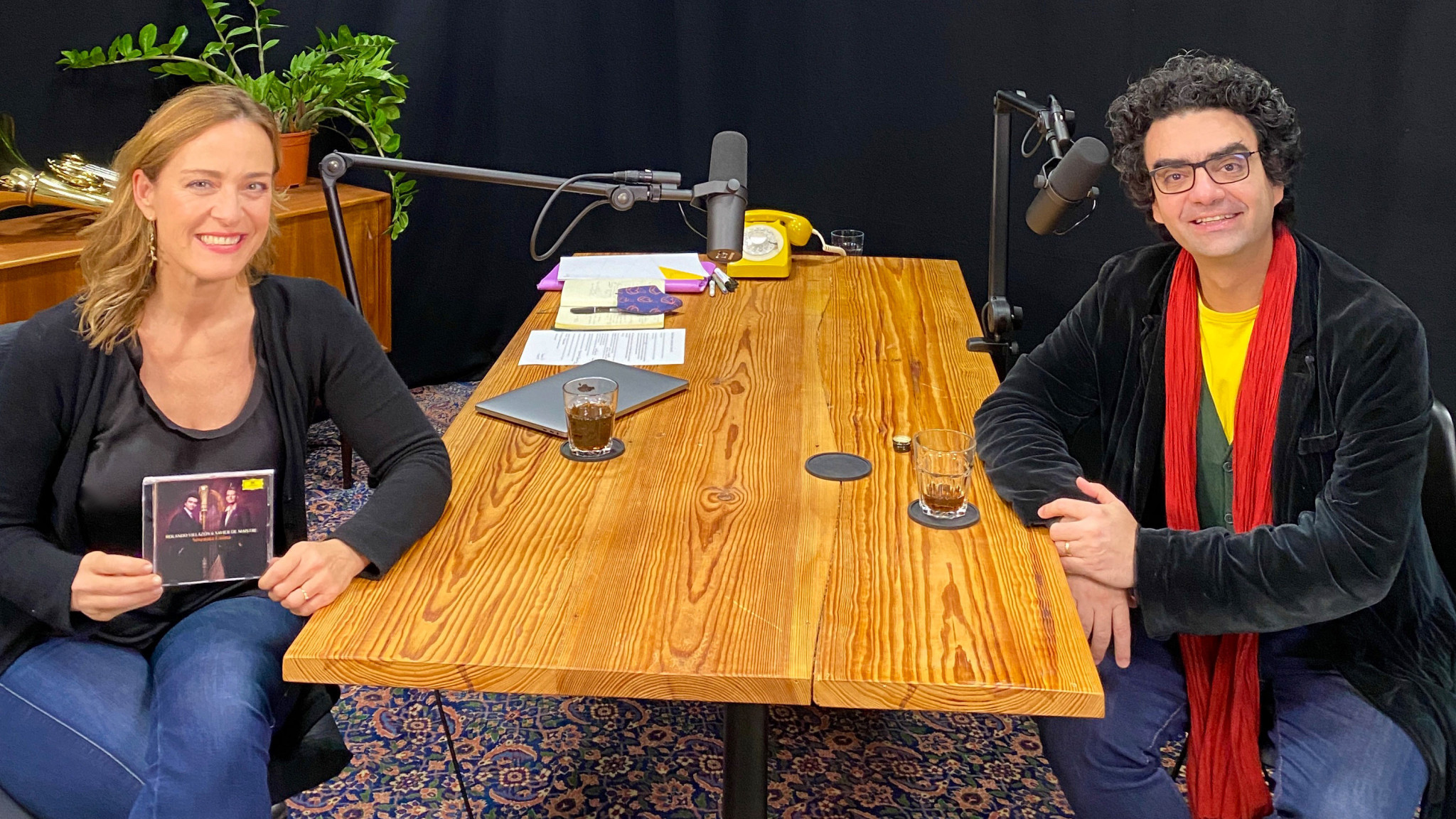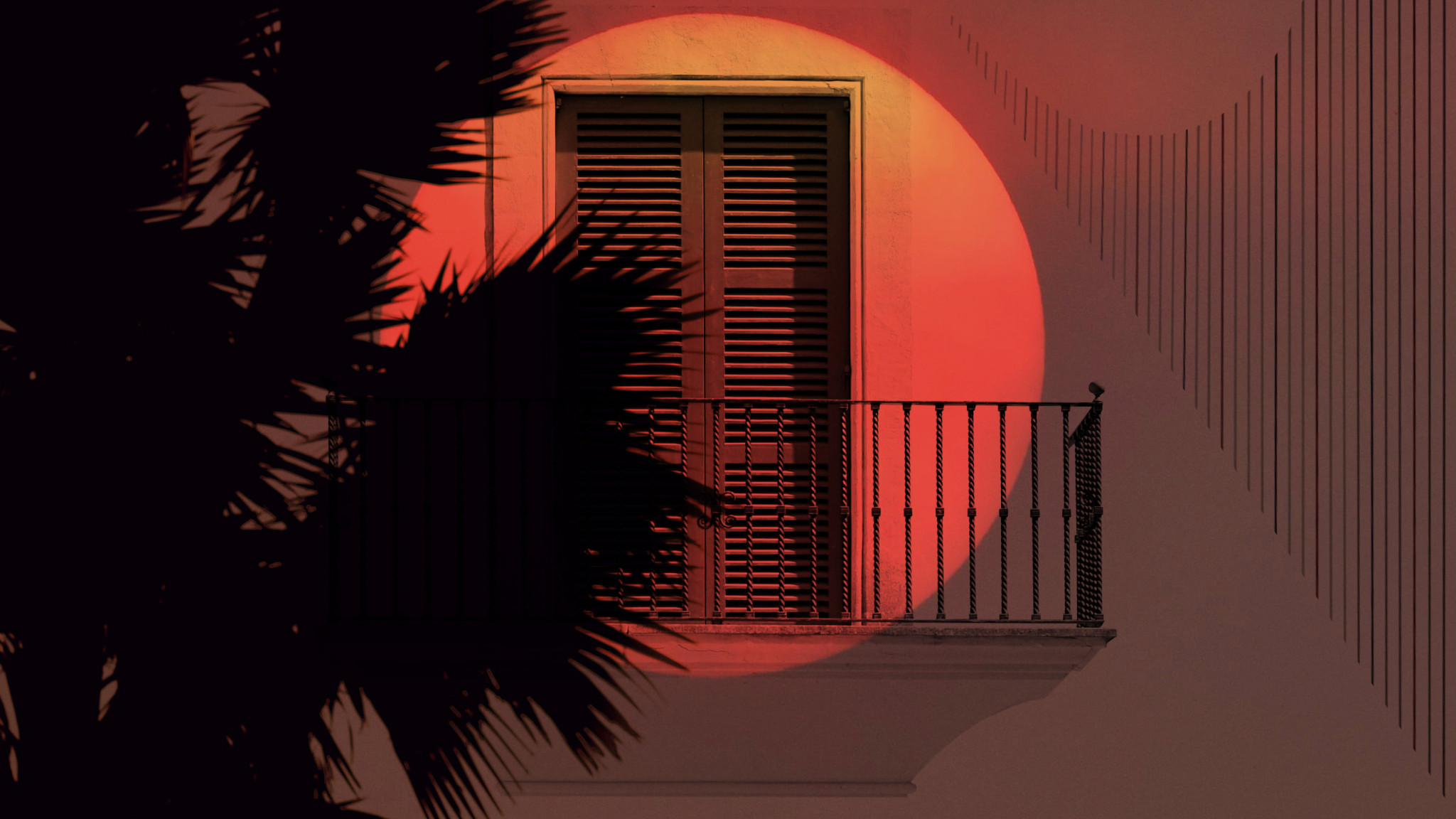I am Orpheus – Rolando Villazón, Christina Pluhar and L’Arpeggiata Explore Music and Myth

Early music specialist Christina Pluhar’s Orfeo son io programme takes in
works by Monteverdi and his contemporaries as well as by Gluck, Gardel and Bonfá
The story of Orpheus and Eurydice unfolds through the album’s
inventive mix of vocal and instrumental music
Orfeo son io will be released on 21 November 2025
“Rolando Villazón is an expressive and impassioned Orpheus …
He moves the audience with his consummate commitment to the role”
Olyrix, reviewing a live performance of Orfeo son io at the Salle Gaveau, Paris
Deutsche Grammophon artist Rolando Villazón has joined forces with early music ensemble L’Arpeggiata and its founder-director Christina Pluhar to record Orfeo son io (“I am Orpheus”), an album inspired by Greek mythology. The recording is based on a conceptual programme devised by Pluhar which the artists have also performed live to great acclaim. Villazón sings excerpts from Monteverdi’s Orfeo and operas on the same subject by Gluck, Peri and Sartorio, as well as 20th-century songs by Carlos Gardel and Luis Bonfá. Directed by Pluhar from the theorbo or Baroque harp, L’Arpeggiata also weave instrumental works by Allegri, Buonamente, Caccini, Cazzati and Priuli into their Orpheus narrative.
A first digital single, Gardel’s Sus ojos se cerraron, comes out on 17 October 2025, with Gluck’s aria “Che farò senza Euridice?” following on 7 November (both tracks are arranged by Pluhar). Orfeo son io will be released digitally and on CD on 21 November.
Rolando Villazón first worked with Christina Pluhar and L’Arpeggiata when he made his role debut as Monteverdi’s Orfeo in a concert performance at the Musikfest Bremen in 2016. The success of their collaboration resulted in numerous other performances around Europe.
In 2021, the artists reunited to premiere Pluhar’s Orfeo son io programme, again at the Musikfest Bremen, and again leading to further acclaimed concerts together. Squaring the circle, in January this year Villazón, as Artistic Director of the Salzburg Mozartwoche, invited his friends to be part of director and puppeteer Nikolaus Habjan’s new production of Orfeo – another huge success.
Pluhar’s relationship with Monteverdi’s Orfeo dates back to her youth. “Not only is it an unparalleled masterpiece,” she says, “it’s regarded as the first opera, launching a genre that then spread like wildfire throughout Europe. It’s been a constant of my musical life and I’ve continued to develop my interpretation of it. And together, L’Arpeggiata and I have been deepening our understanding of 17th-century music more generally for over 25 years.”
The myth of Orpheus, who could charm people, animals, trees and rocks, and even open the doors to another world with his musical gifts, has survived in writings by Ovid and Virgil. When told that his beloved Eurydice has died, he descends into the Underworld. There, Pluto allows him to rescue Eurydice, but forbids him to look at her until they have left his realm. Orpheus fails to obey and she is lost for ever.
“In Orfeo son io,” explains Pluhar, “we’ve decided to let Orpheus tell his own story, without any help from Eurydice, the Messenger, Charon, and so on. Instead, we’ve chosen instrumental pieces to depict characters, places, or states of mind. Priuli’s Sonata prima à due cori expresses the news of Eurydice’s death, Buonamente’s Intrada symbolises the entrance to Hades guarded by Charon, the ‘walking bass’ of Cazzati’s Capriccio sopra 12 note evokes the couple’s steps as they try to leave the Underworld…”
“Meanwhile,” she adds, “in an inner journey of the soul, Orpheus tells us about falling in love, the huge joy of his wedding day, the terrible grief unleashed by Eurydice’s death, his desire to save her, and his final farewell to her.”
Accompanied by L’Arpeggiata, Villazón brings Orpheus vividly to life. He conveys every emotion the character experiences with beauty and sincerity – from the joy of Monteverdi’s “Vi ricorda, o boschi ombrosi” to the sorrow of “Che farò senza Euridice” from Gluck’s Orfeo ed Euridice or Gardel’s Sus ojos se cerraron, which the tango star sang in the 1935 film El día que me quieras as his character mourns his dead wife (“Her eyes closed, and the world kept on turning…”).
September 2025





